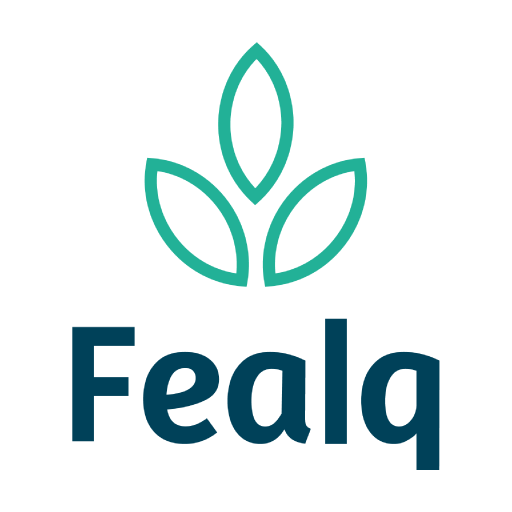Irrigation reshapes weathering and pedogenesis in calcareous soils of tropical dryland (NE Brazil)

Lucas Resmini Sartor a , Francisco Ruiz b , Priscilla Alves da Costa c , Daniel Pontes de Oliveira d , Ricardo Espíndola Romero c , Valdomiro Severino de Souza Júnior e , Marcelo Metri Corrêa f , Miguel Cooper b , Tiago Osório Ferreira b,g aDepartment of Agronomic Engineering, Federal University of Sergipe (DEAS […]
Bioenergy Production From Sugarcane Straw: Implications for Soil-Related Ecosystem Services
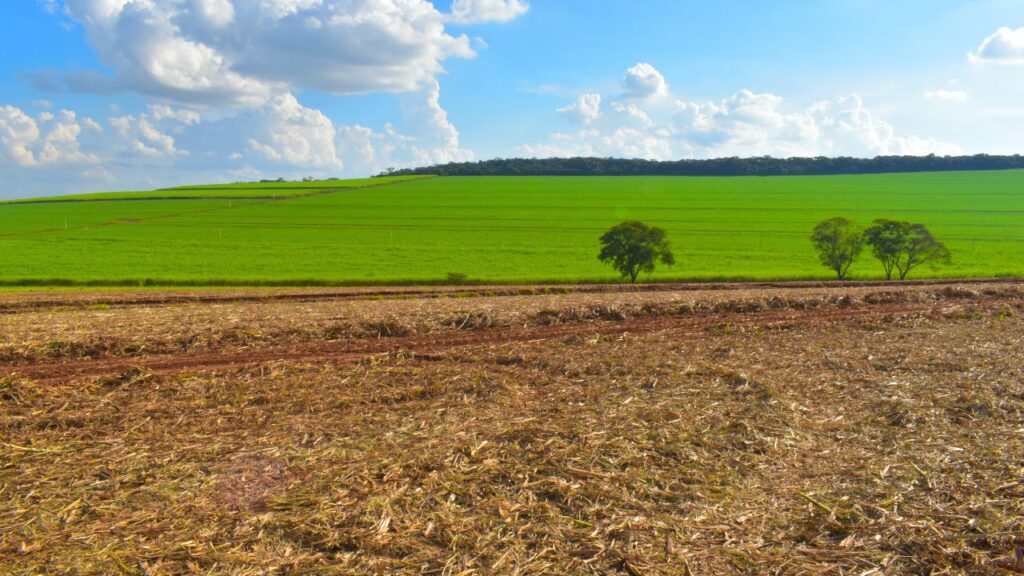
Carlos Roberto Pinheiro Junior, João Luís Nunes Carvalho, Lucas Pecci Canisares, Ricardo de Oliveira Bordonal, Carlos Eduardo Pellegrino Cerri, Maurício Roberto Cherubin Abstract Sugarcane straw removal for bioenergy production—especially second-generation ethanol—is shown to be a promising pathway for decarbonization. However, indiscriminate straw removal can negatively affect soil-related ecosystem services (SES), compromising the sustainability of the […]
Performance of a tractor-mounted probe for undisturbed soil sampling: implications for soil organic carbon stocks
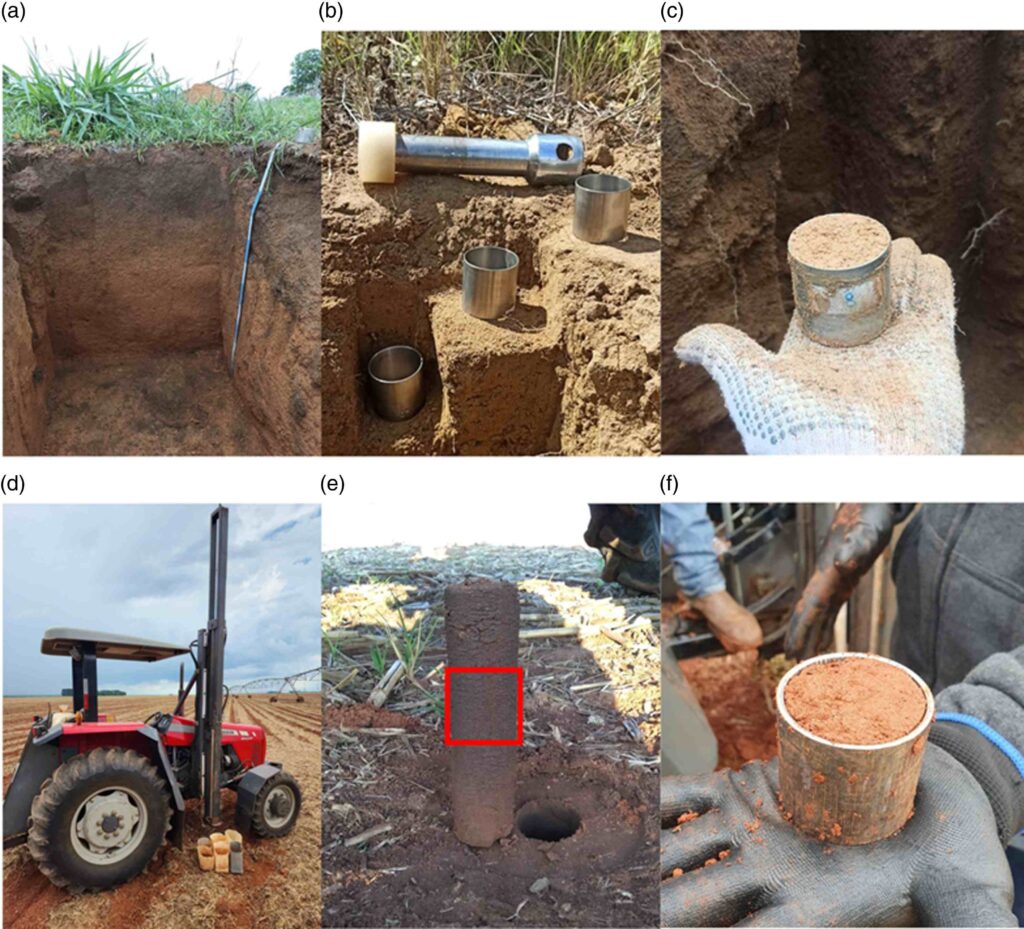
Rafael Braghieri Menillo, Renato Paiva de Lima and Maurício Roberto Cherubin Abstract The assessment of soil organic carbon (SOC) stocks relies on several key factors, including the total SOC content of the soil, the bulk density (BD) of the soil, and the depth of the sampled layers. However, traditional methods, particularly those using volumetric cylinders […]
Sustentabilidade em Diálogo | Episódio 5 – Saúde do solo
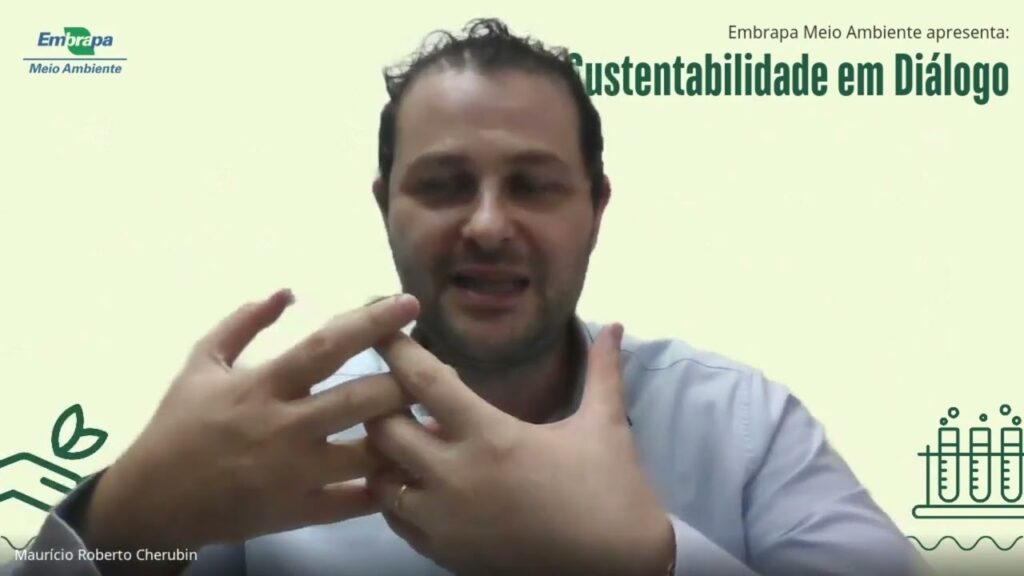
Moving biodiversity from an afterthought to a key outcome of forest restoration
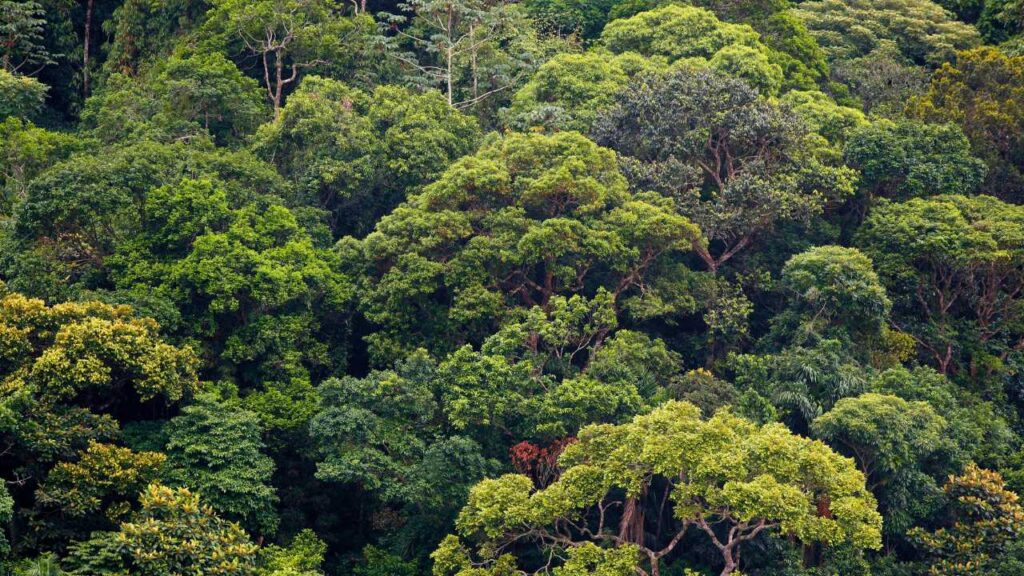
Pedro H. S. Brancalion, Fangyuan Hua, Francis H. Joyce, Alexandre Antonelli & Karen D. Holl aDepartment of Soil Science “Luiz de Queiroz” College of Agriculture, University of São Paulo, Piracicaba, SP, Brazil; bDepartment of Environmental Management, Federal University of Technology, Owerri, Nigeria;c Sydney Institute of Agriculture & School of Life and Environmental Sciences, The University […]
Pesquisa pioneira em culturas de cobertura abre portas para agricultura mais sustentável no Brasil
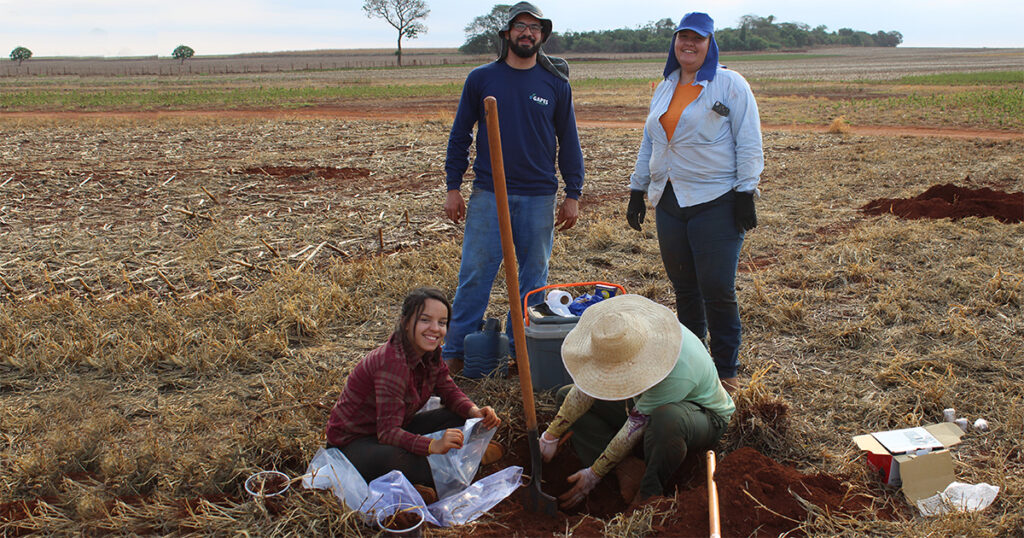
Via Jornal da USP
Cover Crops: Allies of Climate-Resilient Agriculture
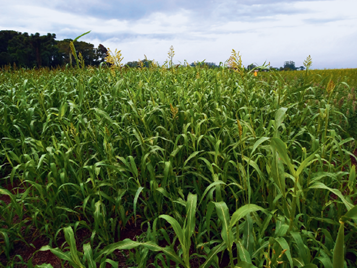
The adoption of cover crops can improve soil health, increase productivity, and strengthen agriculture’s resilience to climate change Cover crops are crops with the purpose of improving soil health, protecting against erosion, and increasing the resilience of agricultural systems. In the context of climate change and the need for greater sustainability, these plants play a […]
América Latina e Caribe possuem altas taxas de degradação do solo
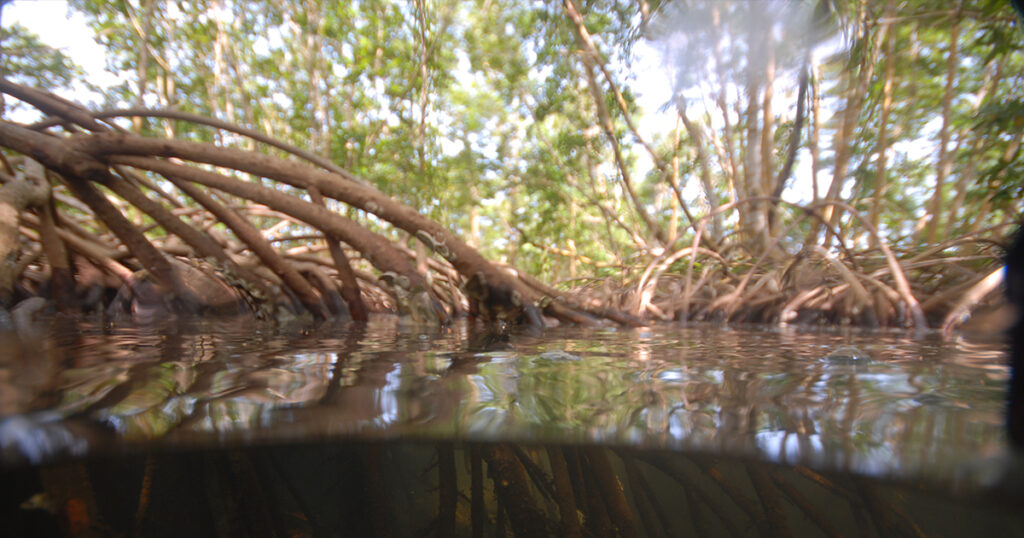
Via Jornal da USP
Soil Health Map of Latin America Reveals Challenges and Solutions for Sustainability
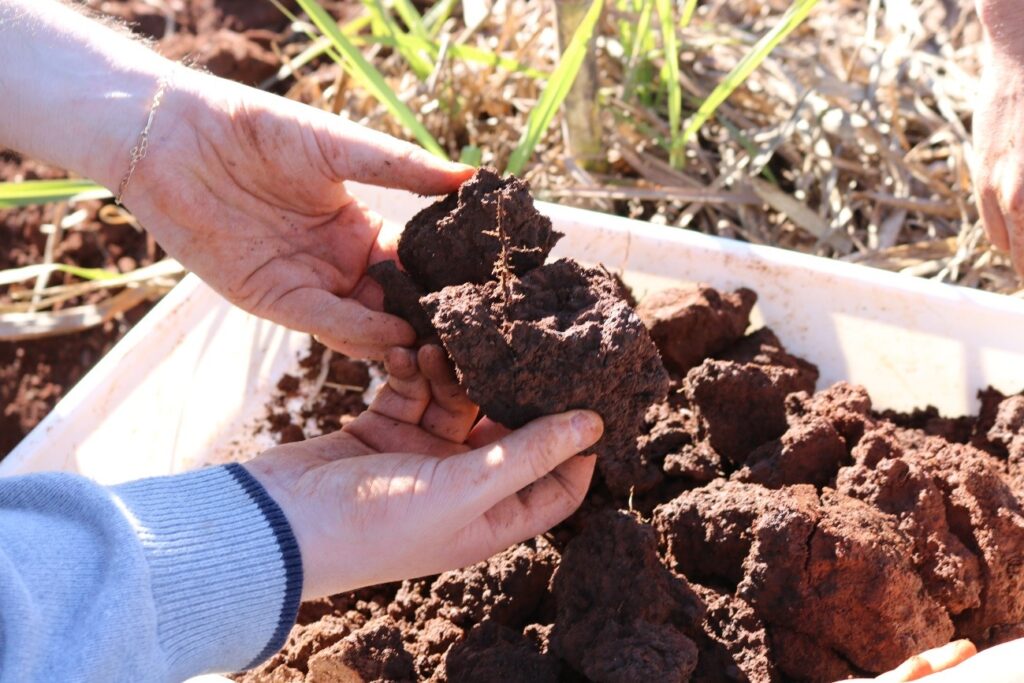
First Soil Health Map of Latin America and the Caribbean Highlights Pathways for Public Policies on Conservation and Sustainable Management Soil health is essential for agricultural productivity, food security, and ecosystem balance. To assess it, physical, chemical, and biological indicators are analyzed, reflecting its fertility, structure, and ability to sustain productive systems. A research led […]
Sustainable Management for Methane Emission Reduction in Rice Cultivation
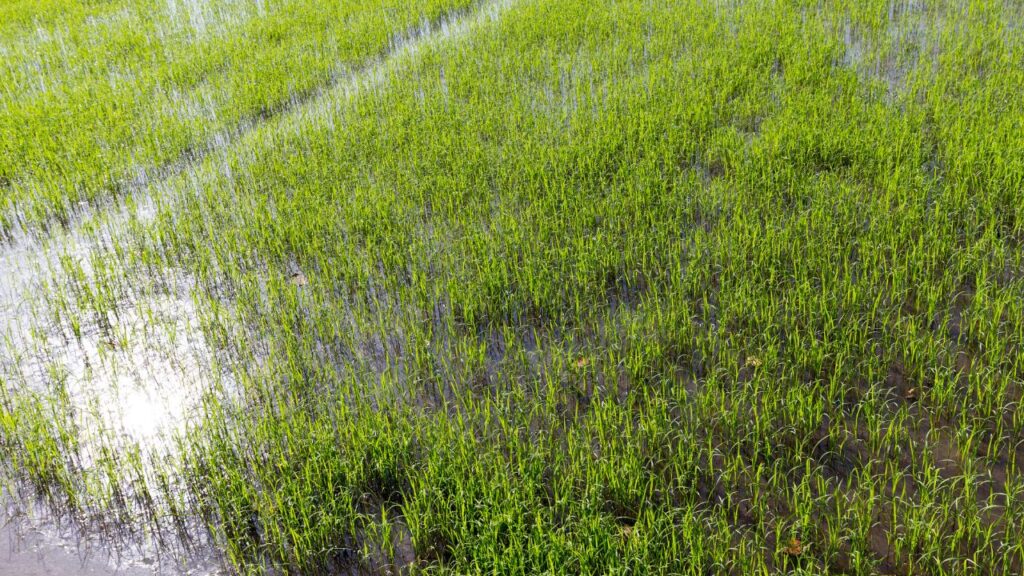
Analysis of sustainable management practices to minimize methane emissions in rice fields using the DSSAT model Rice cultivation is one of the main sources of methane (CH₄) emissions in agriculture. This occurs primarily in flooded areas, where the lack of oxygen in the soil favors microbial processes that release the gas. With the advancement […]




